Balancing OPSEC and Community
Balancing OPSEC and Community
One of the greatest challenges for preppers is properly maintaining the balance between OPSEC (Operational Security) and building community. Operational security is the art of keeping quiet. Most preppers agree that both concepts are vital to being able to weather a storm of adversity. There is a tendency for some preppers to swing too far to one side or the other.
The Lone Wolf
The lone wolf tends to keep everything to himself. He is reclusive and rarely socializes. The lone wolf is obsessed with OPSEC which means he keeps all of his prepping and planing to himself. Yes, OPSEC is an important tenant of prepping. If you tell everyone what you have, they will all show up on your door step when the stuff hits the fan. The problem with being the lone wolf is that you can’t do everything yourself. Everyone has to sleep. The lone wolf will be vulnerable when he sleeps. If you have a small comunity of preppers, you can take guard duty in shifts. There will also be other tasks besides standing guard. In a drawn out teotwawki situation, there will be everyday chores like cleaning, cooking and gardening that will need to be delegated to different team members. Especially after a few weeks following a break down, the lone wolf will stand out as a target if he appears to be well fed. It will be a sign that says “I have supplies”. At some point, the lone wolf strategy will fail.
The Social Butterfly
The social butterfly is too community minded. He risks becoming a target because he has exposed his hand. Everyone of his neighbors has a pretty good mental inventory of what supplies he has because he tells them every time he gets another load of storable food. He also just can’t wait to show off his new gun. While he actively seeks to build a prepper community, anyone who may have been a potential team member keeps him at arms length because they fear the attention he may bring to the rest of the group.
The Balanced Approach
A balanced approach to building community is to get to know people for a while before you start to incorporate them into your inner circle. A great way to see where your neighbors are at when it comes to prepping is to talk about the potential threats to your area. If you live along the coast like me, hurricane season is a great time to talk about preparedness. If you have a neighbor that is slow about getting ready for a storm, you can gently encourage them to get a minimum of one week of food and water. If you live near a fault, earthquakes are a good conversation starter. If you live near a fertilizer plant, nuclear facility or chemical plant, consider talking about bug out bags. We all need community to thrive. Having a few like minded folks around ensures that you can each do what you are gifted at doing. While you may be able to preform many tasks completely self sufficient, a Jack of all trades will master very few. There are certainly limitations to what one person can do. If you get cut and need stitches in a hand, you probably won’t be able to do that yourself. You need both hands to stitch.
A great place to start is your family. You have known your family long enough to know whether they will stab you in the back or not. You also know what skills they have and how they handle stress. Another good place to look for community is at your church. This ensures you are teaming up with like minded individuals. If you meet a new prepper friend, that is great, but get to know them for a year or so before you tell them the extent of your preparations. Keep your cards close to your chest until you can feel people out. Be smart and use your head when you are thinking of adding someone to your team or looking to join a team. Make sure they are like minded and have a good mix of practical and tactical skills.
Happy Prepping!



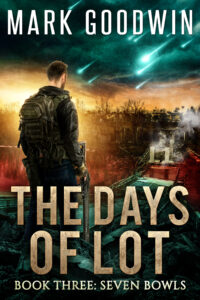







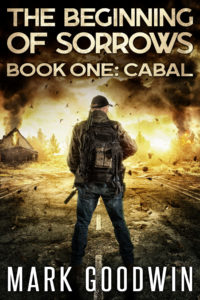








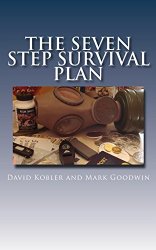







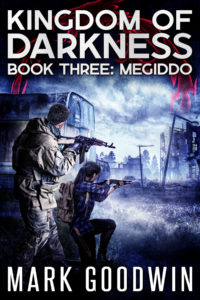





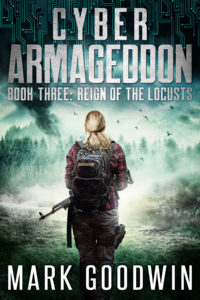











Comments are closed.